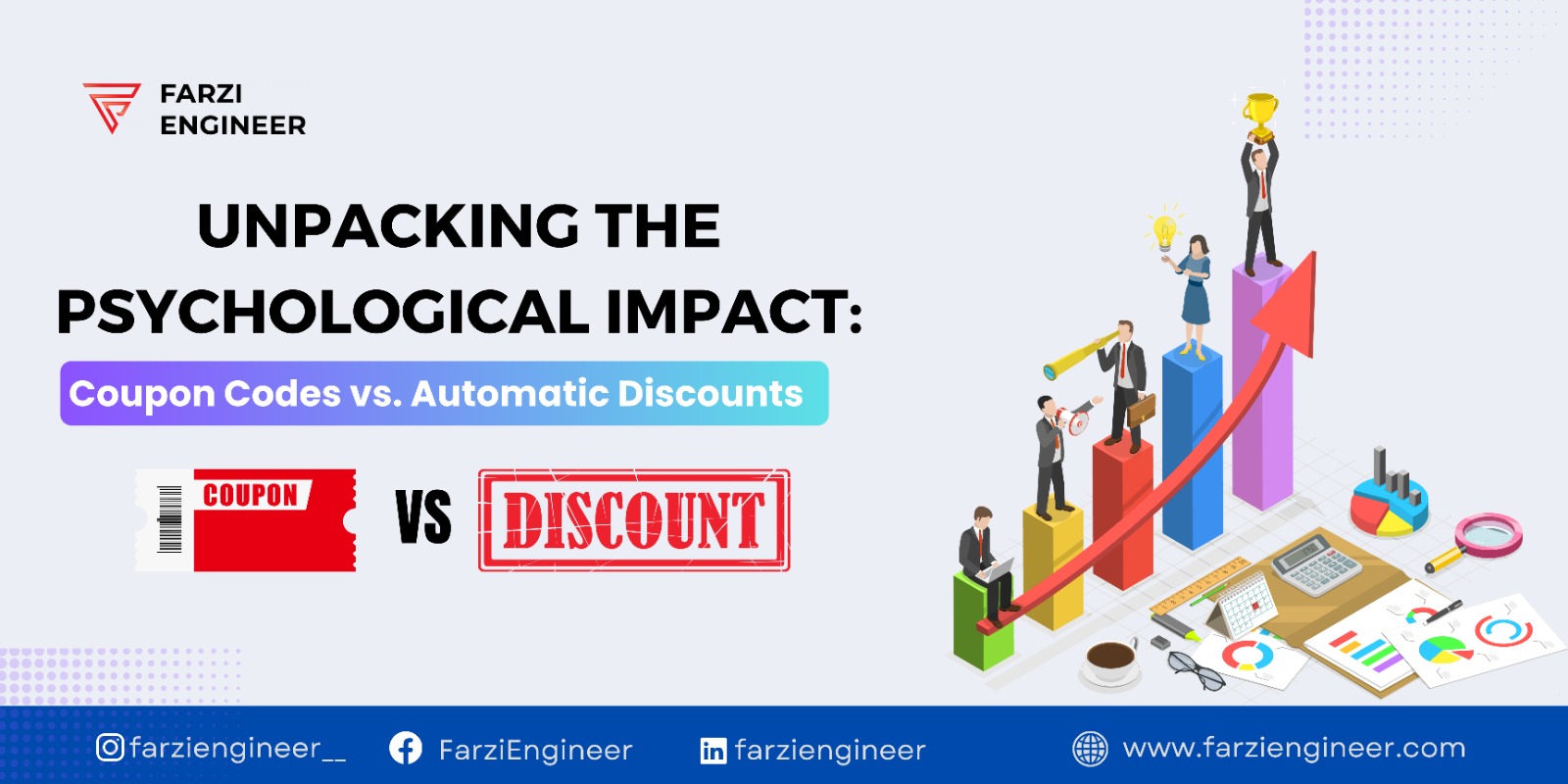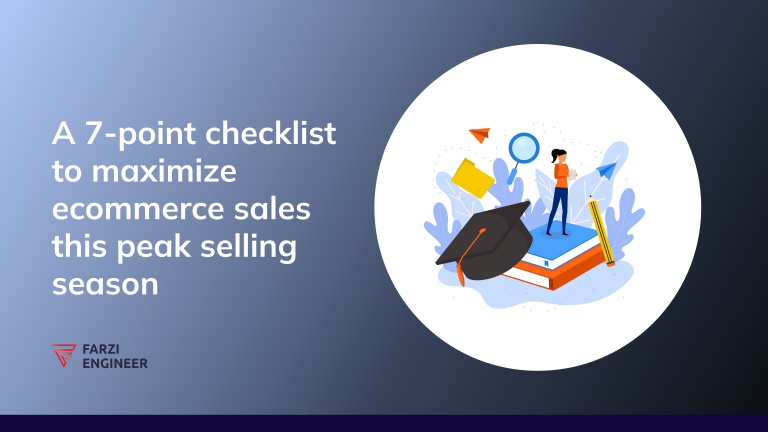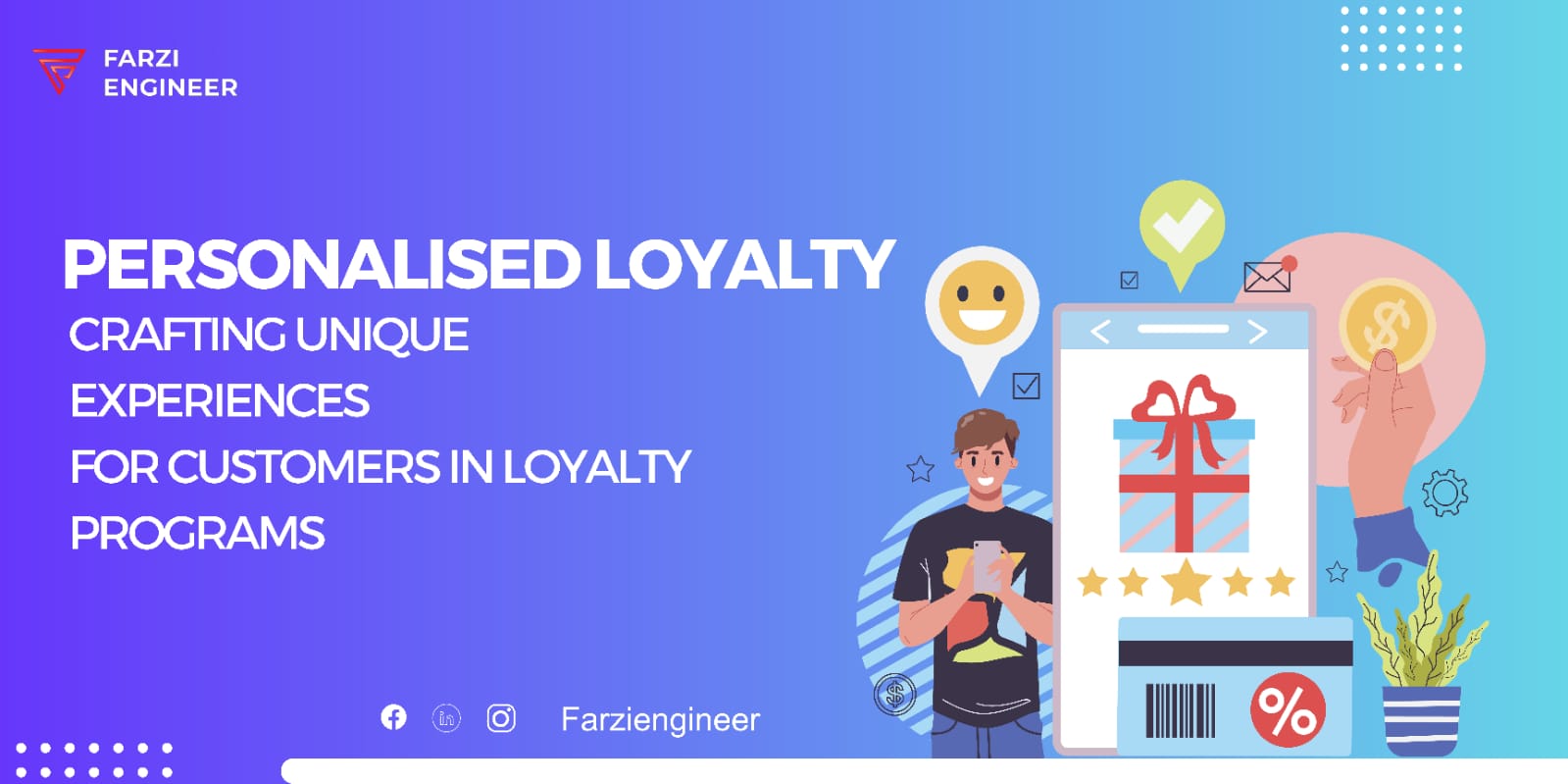Summary:
- Coupon codes and automatic discounts have distinct roles in marketing, each with its pros and cons.
- Coupon codes tap into psychological factors like exclusivity, gamification, and engagement, making them highly attractive to consumers.
- Coupon codes also offer valuable data for businesses, aiding in informed marketing decisions.
- Automatic discounts, in contrast, lack these psychological triggers and may not engage customers as effectively.
- The choice between coupon codes and automatic discounts depends on your specific marketing objectives and target audience. Understanding their strengths and weaknesses is essential for making informed decisions.
In the realm of marketing, the battle between coupon codes and automatic discounts is a strategic one. Each method has its own distinct psychological implications, and understanding these can help you optimize your marketing campaigns. Let’s dive into the nuances of both approaches to see why coupon codes often come out on top.
Coupon Codes: Leveraging Psychology for Success
Perceived Exclusivity:
Coupon codes create a sense of exclusivity. When customers have to enter a code to access a discount, they feel like they’re part of an exclusive club. This taps into the human desire for uniqueness and can make customers feel valued.
Sense of Achievement:
Using a coupon code can give customers a sense of accomplishment. It’s akin to solving a puzzle or winning a game. This feeling of achievement can make the discount more satisfying.
Gamification:
Coupon codes introduce gamification into the shopping experience. Customers enjoy the process of finding or unlocking codes, making shopping more engaging. It’s about the thrill of “winning” a discount.
Increased Engagement:
Coupon codes can encourage customers to engage with your brand. They might need to sign up for newsletters or participate in other actions to receive the code. This engagement can lead to a deeper connection with your brand and higher chances of repeat business.
Loss Aversion:
The fear of missing out is a powerful psychological driver. When customers see a field to enter a coupon code during checkout, it triggers a sense of potential loss if they don’t use the discount. This fear of missing out can motivate customers to complete their purchase.
Social Sharing:
Coupon codes are highly shareable. People are more likely to share a coupon code with friends or on social media, leading to increased brand exposure and new customers.
Tracking and Data Collection:
Coupon codes provide businesses with the means to track the effectiveness of different marketing campaigns, customer segments, or referral sources. This data is invaluable for making informed marketing decisions and targeting specific customer groups.
Psychological Ownership:
Customers feel a sense of ownership over the discount when they have to input a coupon code. This can make them more committed to completing the purchase, as they’ve invested effort in obtaining the discount.
Control:
People like to have control over their choices. Coupon codes give customers the choice to apply a discount, leading to a more positive shopping experience. Automatic discounts may feel imposed, potentially leading to a less favorable perception.
Memory and Awareness:
Entering a coupon code can help customers remember where they found the discount, making them more aware of the source (e.g., an email, an advertisement, or a website). This awareness can influence their future buying decisions.
Automatic Discounts: The Simplistic Approach
While automatic discounts have their place, they lack the depth of psychological engagement that coupon codes provide:
Limited Exclusivity:
Automatic discounts are universally applied, offering the same deal to every customer. This misses the opportunity to make individuals feel special or valued.
Absence of Gamification:
Automatic discounts do not incorporate gamification, which adds an extra layer of engagement and excitement to the shopping experience.
Reduced Engagement:
Automatic discounts often do not require any action or engagement from the customer. This can lead to a lack of connection with the brand.
Weakened Loss Aversion Effect:
Automatic discounts do not trigger the fear of missing out in the same way coupon codes do, which means customers may not feel the same sense of urgency.
Limited Data Collection and Tracking:
Automatic discounts often lack the tracking capabilities and data collection that coupon codes offer.
Limited Control:
Automatic discounts impose a discount on all customers, potentially making some feel that their choices are restricted.
Memory and Awareness:
Automatic discounts may not create the same level of recall and awareness in customers about the source of the discount.
In Conclusion
Coupon codes and automatic discounts are not inherently good or bad; they serve different purposes and cater to distinct consumer behaviors. Coupon codes leverage psychological factors such as exclusivity, achievement, gamification, and the fear of missing out to make discounts more appealing and engaging for customers. They also provide businesses with valuable data and customer engagement opportunities, making them an effective marketing tool.
In contrast, automatic discounts are straightforward and may be suitable for certain scenarios. However, they often lack the psychological triggers and engagement opportunities that coupon codes offer.
The key to effective marketing is understanding when and how to use each approach, depending on your objectives and your target audience. Whether you opt for coupon codes or automatic discounts, being mindful of the psychological factors at play is the first step towards crafting compelling and successful marketing campaigns.





